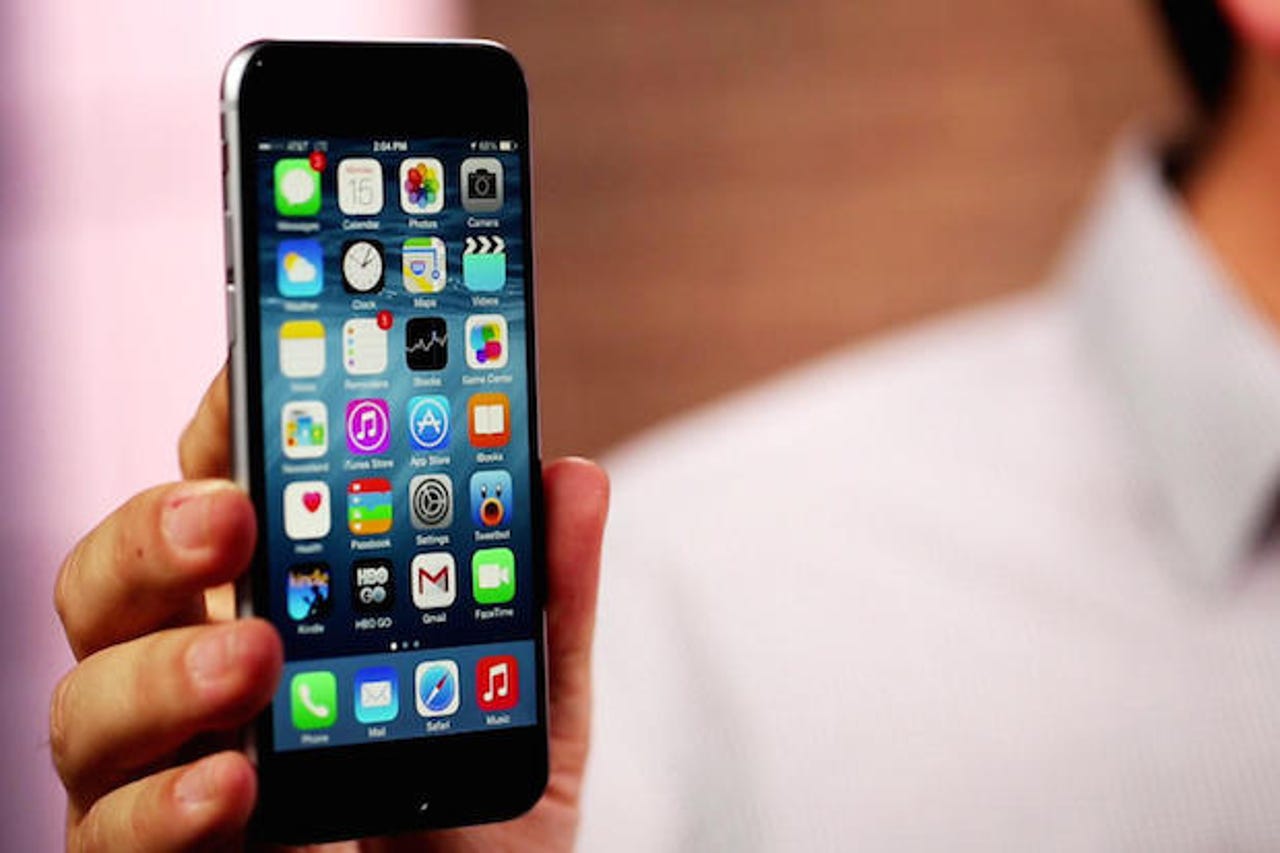Apple sold more iPhones in the US than China. But for how long?

Mystery solved. China is not the top dog when it comes to iPhone sales. At least, yet.
Reuters' Christina Farr reports that Apple chief financial officer Luca Maestri confirmed Apple did not sell more iPhones in China than in the U.S. during its fiscal first quarter, ending December.
In the company's latest earnings call published Tuesday, Apple chief executive Tim Cook dodged questions about which region is the most popular iPhone buyer.
Earlier this week, a UBS analyst report said China may have been be deserving of the shipments crown. Analysts at the Swiss bank estimated that China accounted for 36 percent of iPhone shipments during the quarter, compared to 24 percent for the U.S. market.
For now, the U.S. may buy more iPhones than China.
But at the rate of pace that's China going, it may not be long before the 1.3 billion-strong country takes the top spot.
During the three-month period, Apple blew expectations out of the water by selling 74.5 million iPhones. That's about nine iPhones sold every second during the three-month quarter.
Apple's iPhone division is now so big, it makes up just over 68 percent of the company's revenue, up from 56 percent a year.
But it's not surprising that Apple is riding the wave of iPhone sales in China, the world's largest country by population.
A year ago in December, Apple brought the iPhone to China Mobile, the country's largest cellular provider. With access to about 800 million consumers, iPhone sales increased each quarter, compared to its corresponding year-ago quarter.
iPhone demand got even bigger record highs earlier this year when Apple announced its long-awaited iPhone 6 and larger iPhone 6 Plus. (Cook did however confirm Tuesday the iPhone 6 was more popular than its larger iPhone 6 counterpart in terms of sales, but admitted that this does vary by region.)
Corrected at 6:30pm ET: with new details from Reuters. This piece has been substantially changed to reflect that. Apologies.
